When business organizers and esports players are getting together with biotech executives at an upscale investor conference, only one thing could be the reason: competitive video games are going mainstream.
Not any news could make game publishers as happy as that one. Indeed, every game developer shares the same hope that one day their product would be recognized on a worldwide scale. Annually, global esports tournaments have been creating big marketing opportunities. Take League of Legends, for instance, the veteran in the gaming industry added up to $1.4 billion in 2018 for Tencent Holding s Ltd. Also, in that same year, four out of six top esports brands by prize value were listed among 20 highest-earning games.
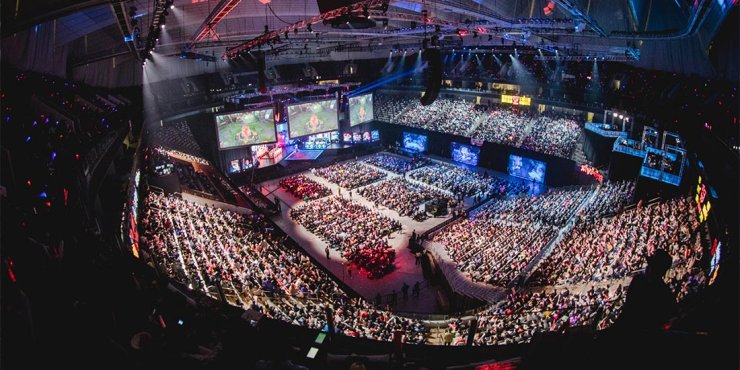
However, every success has its cost, and many times it is not cheap at all. For the last year, Tencent had invested over a billion dollars into two Chinese reputed platforms for live streaming video games – Huya and Douya. There is no gainsaying that they both burn down the budget at the speed of light.
To get the profit, real dollars must be invested in the first place. Most of Chinese famous League of Legends teams have strong financial forces backing them up. The owner of the current world champion team is Wang Sicong, whose father was once the richest man in China and is now the chairman in Dalian Wanda Group Co. Another example could be the EFG club, which is lucky enough to be held by the son of the founder of Hopson Development Holdings Ltd., Zhu Yihang.
Unlike the aforementioned ones, LGD-Gaming was founded in 2007 by Pan Jie – a shy single mother with 32 years of age who did not originate from a billionaire family. However, she somehow was able to establish the greatest esports club in China up to now and earn the title “the Queen” for herself. Her achievement is admired by many people, especially Dota 2 professional players.
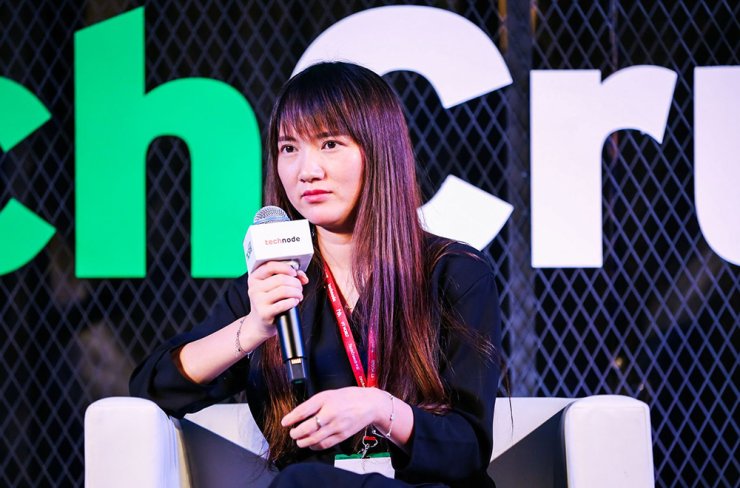
Pan Jie grew up as an earnest daughter of a small-scale businessman in Nantong port city, Jiangsu province. She confided that she used to skip classes to play games at the internet shop during her time in university. That is around the time she discovered her love in the multiplayer online battle arena – MOBA games. It is not the gameplay, but the training and discipline required are appealing to Pan Jie.
That spirit will absolutely continue to serve her and her clubs well. Similar to other sports such as football or basketball, esports pro player also needs to be hired with massive amounts of money. Not to mention that MOBA games in common requires 5 participants each match, the number is added up very quickly to recruit a fully functioned team. Howbeit, that is the way LGD earn 15% of their income – by transferring players.
By winning a prize at a tournament, players are allowed to take home 90% of the amount. With the 10% remaining, clubs and teams have to manage to earn money by themselves, possibly via media rights or sponsorships. No matter how rich the team is, even wealthy teams have to act the same if they want to survive.
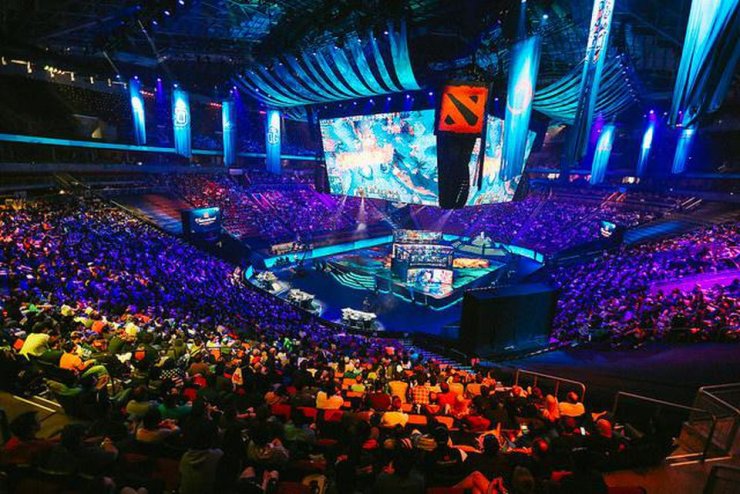
To catch up with others in such a hyper-competitive landscape like this, LGD has decided to develop a farm team with professional coaches and millions of online amateurs. Besides, the club has established relationships with betting or predicting applications.
Worth-noting information is that: not every team finds success and are capable of keeping their organizations run smoothly. One apparent evidence is the bankruptcy of Wang Sicong’s streaming network. That is a worthy lesson for current platforms – Huya and Douyu. Now that is everything I would like to tell about LGD – Gaming and the current situation of video games.
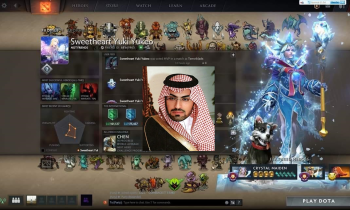
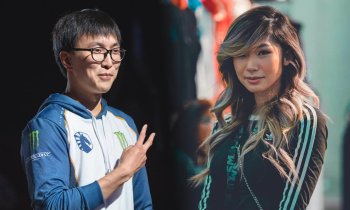


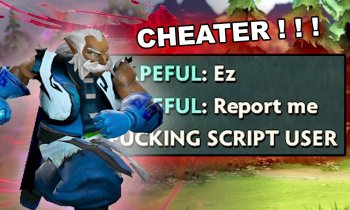





Comments